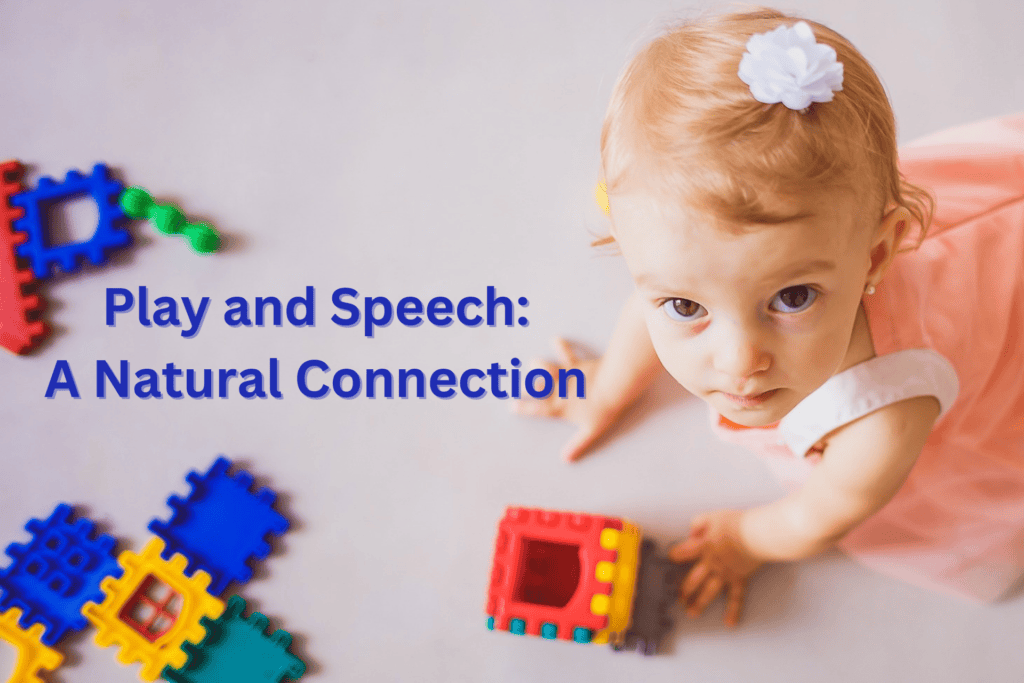Play and Speech: A Natural Connection
Children use play as more than an activity for waiting or filling time. Play is an essential developmental exercise that helps children learn to speak, understand, and express themselves effectively. Throughout speech therapy practice sessions, play functions as a natural technique to create learning environments that are enjoyable and stress-free for students. You can look up any professional and experienced “speech specialist near me,” and they can affirm that this is correct. This is because, through play, children normally converse with themselves, their toys, and other individuals in their environment.

When playing, children narrate their movements and ask for things while recreating real life scenarios. Through the natural communication process, children learn different words alongside building their sentences and developing their social abilities. Play becomes a great therapeutic tool for a “speech specialist near me” to assist children in practicing various sounds and words. Additionally, children feel at ease because play is something they already know. Hence, kids can take more chances to explore new words and practice error correction because playtime emphasis is on entertainment rather than flawlessness.
Why Play Works Well in Therapy
Learning methods in speech therapy become more efficient when activities are designed as playful and entertaining. Because of this, kids remain focused on activities that are both fun and creative along with participatory elements.
The practice of sounds, words, and conversations, for example, can occur through therapeutic play activities within therapy sessions. This is due to the familiarity of play that children become more confident in their interactions. A good service provider after searching for “speech specialist near me” can take advantage of this since children feel comfortable making errors. Hence, they can go through the sessions successfully without any fear.
Play Encourages Natural Conversations
Activities that involve games along with pretend play and creative activities create opportunities for children to engage in back-and-forth conversations. This is because children utilize playful exchanges to gain experience with both speaking skills and listening skills.
Children involved in play activities are able to both articulate their current actions and ask for assistance. Moreover, they can also describe events as they happen. This results in having natural conversations assisting children to develop confidence for communication in everyday life.
Structured Play in Speech Therapy
The therapeutic process integrates specific activities planned as part of guided play. A professional and experienced therapist you found from looking up “speech specialist near me” can purposefully design games and activities that aim at particular speech development objectives. These planned activities should allow children to learn target sounds or words while remain engaged in enjoyable situations. Additionally, the therapist should be able to give specific feedback while keeping the activities playful and light.
The Value of Unstructured Play
Children acquire better leadership abilities when experiencing unstructured play. This is because kids can create their own game narratives and fictional realms independently. As such, this type of play supports storytelling skills, creativity, and social conversations. Because of this, language development of children emerges naturally through their practice of problem-solving and description and explanation of various situations.
Everyday Play Builds Lifelong Skills
Here at Speech Link, we understand how important it is for children to learn real-life communication skills. Similarly, we know that participating in play during their daily routines is crucial to this. That is why we ensure to incorporate this in each of our sessions to ensure that they are fun and effective. Our team of expert Speech and Language pathologists are here for you and your child. Schedule your consultation and assessment today to get started.
